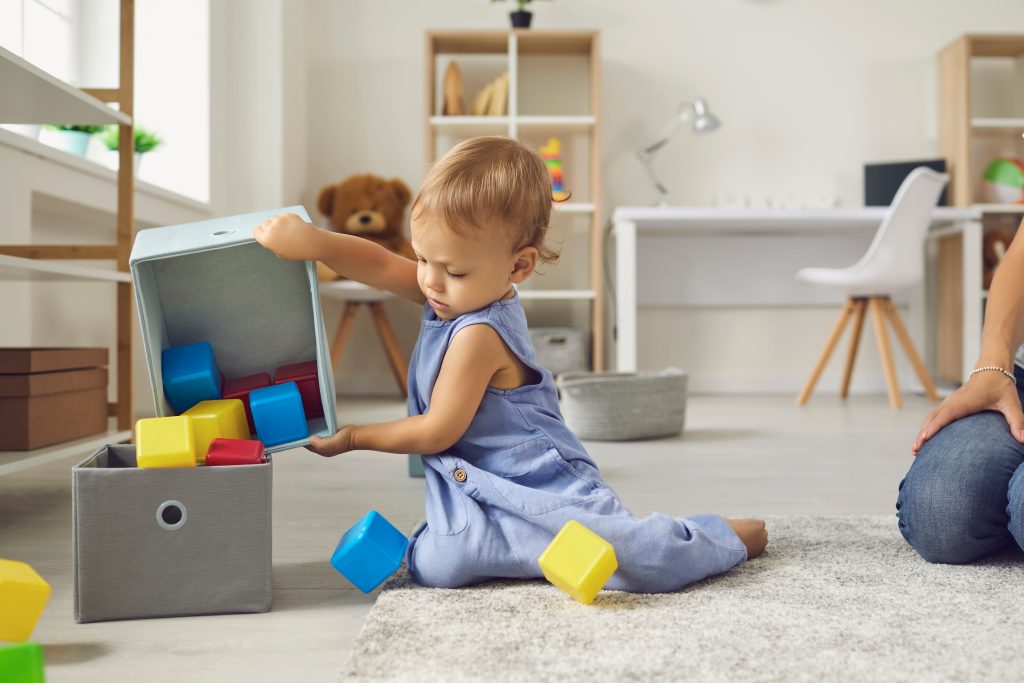Ways Parents Unknowingly Prevent Their Children’s Emotional Growth
Parents have a critical role in shaping their child’s emotional growth, but sometimes, their well-intentioned actions inadvertently hinder rather than help. It’s natural for parents to feel protective of their children, but there’s a fine line between protection and overprotection, which can impede a child’s social and emotional development.

Consider a scenario where a child shares a troubling experience from a birthday party. Out of concern, the parent might react impulsively, saying, “Why would you even want to go to that party?” While the intention is to shield the child from harm, this reaction may inadvertently tell them they cannot handle their problems.
Overscheduling is another common pitfall. Parents may enroll their children in numerous activities to foster success and popularity. However, a packed schedule can leave the child feeling stressed and deprived of the opportunity to relax and develop crucial social skills.
Furthermore, some parents may take over tasks their child should be responsible for, such as completing homework or chores. While the intention is to ensure academic success, it can convey to the child that they cannot handle tasks independently, fostering learned helplessness.
In instances of conflict with peers, parents may rush in to solve the problem for their child, providing detailed instructions on navigating the situation. Although well-meaning, this approach denies the child the chance to develop problem-solving skills and resilience.

Moreover, overly critical parenting can have adverse effects. Constant criticism and focus on shortcomings can erode a child’s self-esteem, instilling feelings of inadequacy and self-doubt. Instead of fostering growth, excessive criticism may lead to heightened anxiety and self-criticism in the child.
Lastly, some parents shield their children from disappointment or failure by intervening to prevent any negative experiences. While it’s normal to want to spare them from pain, such protection can deprive children of the opportunity to learn from difficulties and develop resilience.
Parents must balance nurturing and allowing independence to support their child’s emotional growth effectively. Recognizing when their own emotions come into play is crucial. Instead of automatically jumping in to solve problems, parents should empower their children to handle challenges independently, offering guidance and support when needed.

Encouraging autonomy, providing opportunities for self-discovery, and allowing room for mistakes are essential to fostering emotional growth. By creating a supportive environment where children can learn from their experiences, parents lay the groundwork for their children’s resilience and confidence as they navigate the complexities of life.
